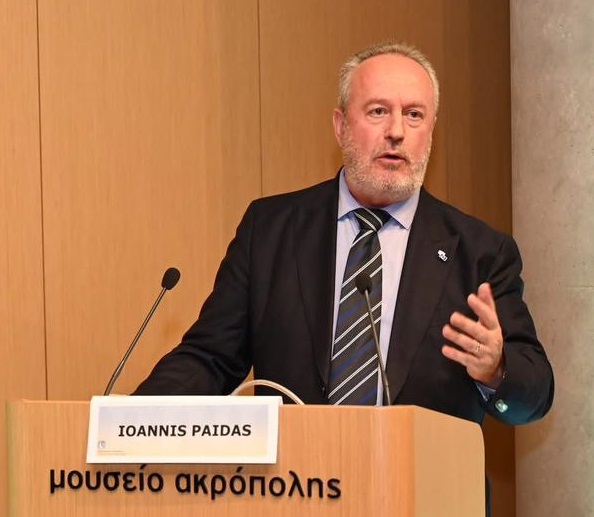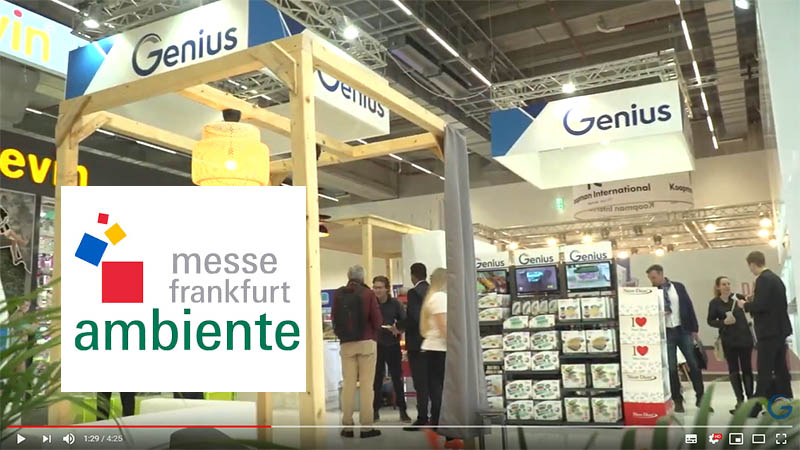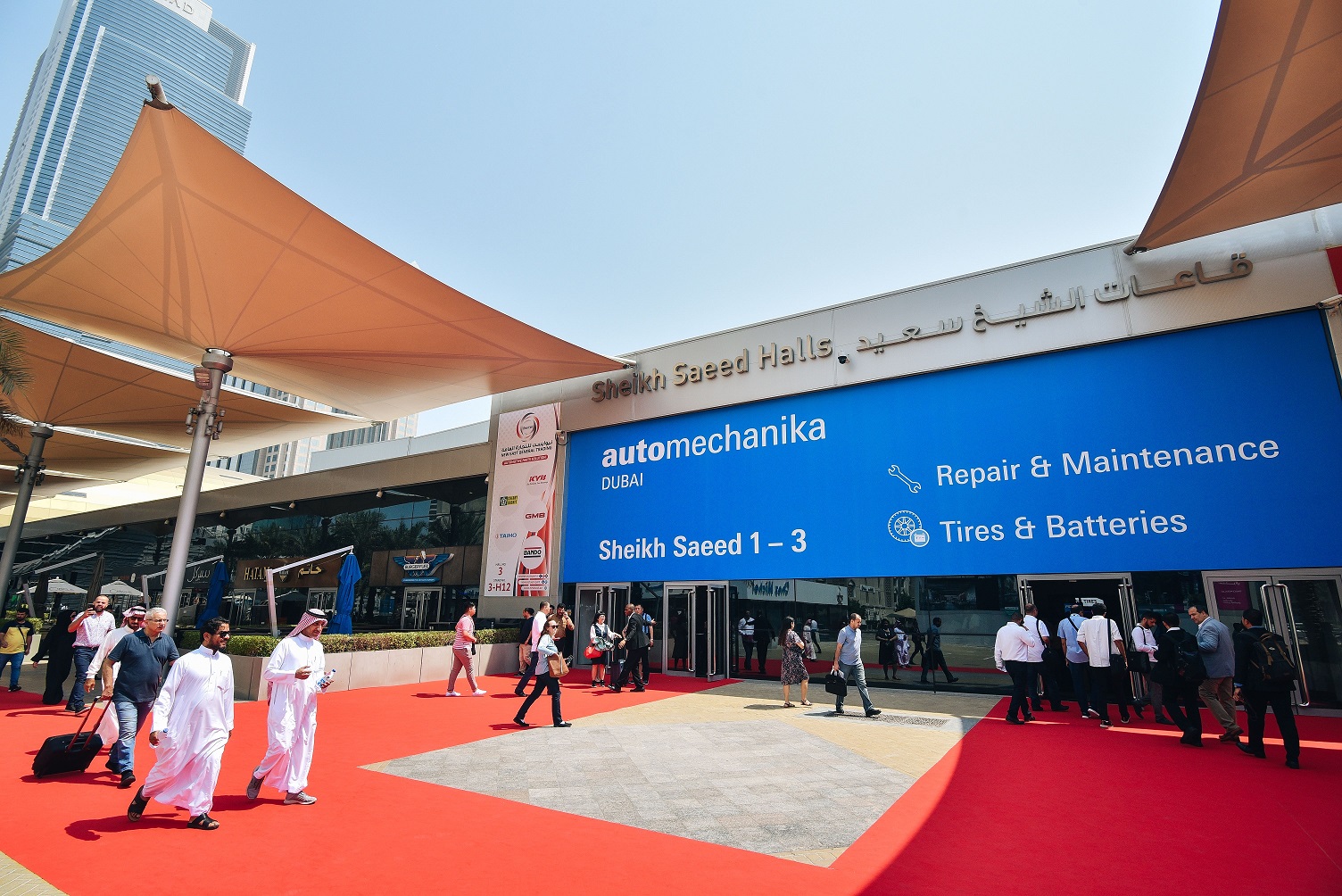The AGRF 2017 workshop on import substitution represented the essence of the seventh forum in bringing together government, NGO and private sector leaders and actors to combine perspectives and fuel new solutions.
“Government and the private sector need to share the vision and commit together with clear commitments to roles and responsibilities that they will sign off and be accountable for,” said Njack Kane, Chief Executive Officer, Intervalle, representing the opinion of the working group.
The workshop, which focused on The Rice Value Chain required participants to work in groups and come up with strategies to achieve import substitution for rice in West Africa. The aim was to generate a list of actionable ideas that could be implemented anywhere in Africa, to cut down on imports of basic agricultural products that could easily be produced locally, with slight incentives and guidance to local producers.
In classic development models, import substitution has often been achieved through incentives such as preferential taxation and subsidies, designed to spur the development of an alternative domestic industry. Other historical methods have concentrated on protecting local producers from imports by raising tariffs on imports and introducing foreign exchange controls that cap all purchasing of foreign products.
However, both these classic routes have become more difficult to pursue while also keeping the rules of the regional trade blocs and the World Trade Organisation, which do not permit unfair advantage for local producers.
Thus, stimulating local production requires new approaches that address the full array of issues holding back African agriculture, across low productivity, surging post-harvest losses, and poor market access.
The workshop encouraged governments to create policies that encourage domestic production, including regulating markets. It was noted that the establishment of rules and regulations around markets was the best way to ensure that domestic producers were not exploited, further encouraging them to stay in the trade.
The importance of technology and mechanization was also emphasized, with the participants agreeing that adopting modern methods of production and inputs helps increase the output by farmers.
In this regard, it was agreed that to boost domestic mechanization, deals for tractors and other machinery, as well as trained workers to run them, should be struck.
Value addition was seen as the other area of production that needs focus if African countries are to cut down the need for imported food.
Similarly, the workshop agreed on the need to encourage farmers to run their enterprises as businesses. For this purpose, incubation centers need to be developed as platforms for capacity building.
“Farmers should be encouraged to regard their operations as businesses, through inclusive business models that are also sustainable. Such skills and strategies can be taught through business incubation centers,” said Stefan Kachelriess-Matthess, Project Manager, GIZ/CARI.
with agrf




































